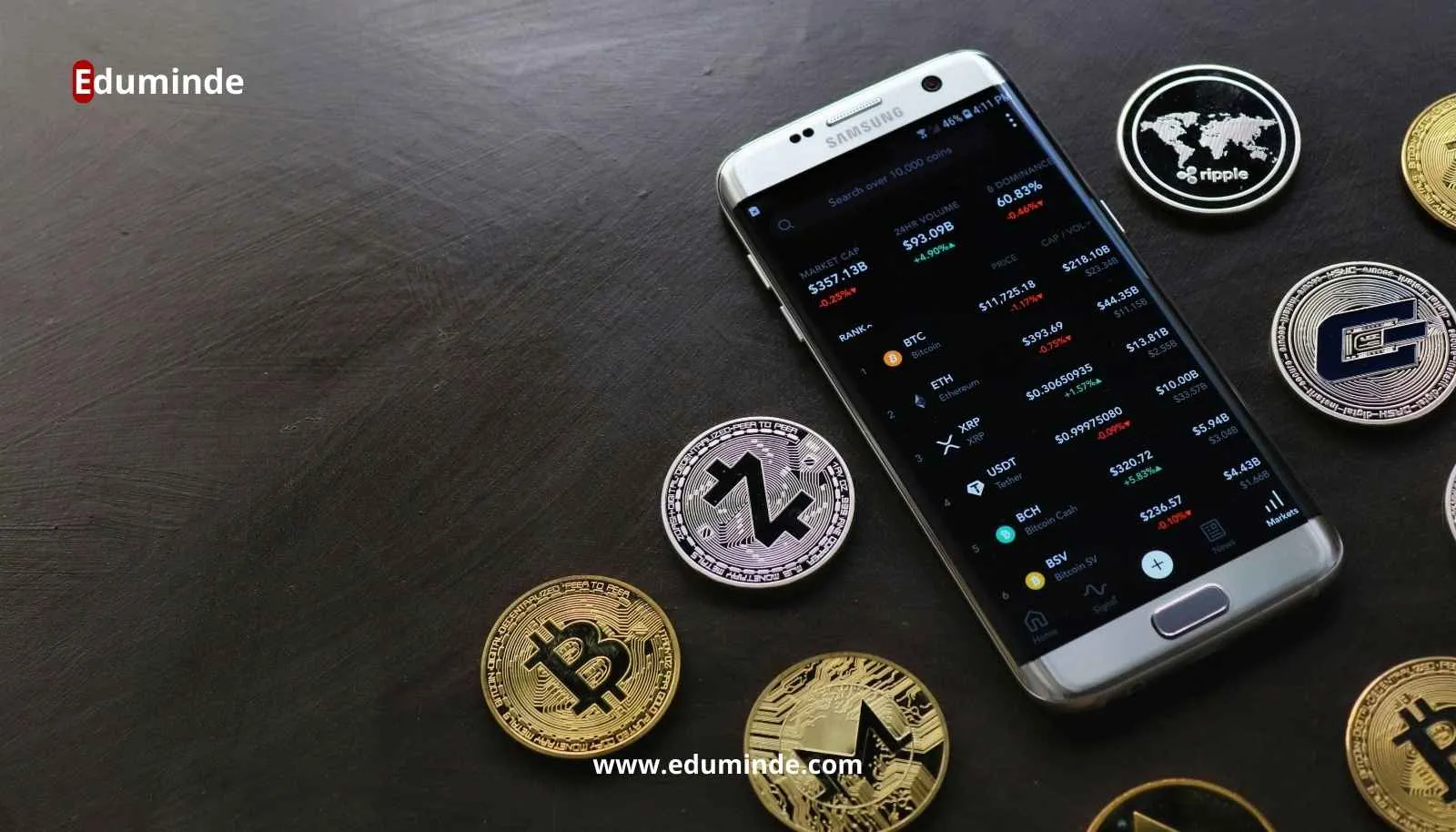Security in the Age of Cryptocurrency
Cryptocurrency has revolutionized the financial world by offering decentralized and secure methods for transactions. However, the same decentralized nature that makes cryptocurrencies appealing also introduces unique security challenges. As digital assets continue to gain popularity, protecting your investments has never been more critical. This article outlines best practices to safeguard your cryptocurrency holdings from theft, fraud, and loss.
Understanding Cryptocurrency Security Risks
Cryptocurrency operates on blockchain technology, which is inherently secure. However, vulnerabilities often arise from how individuals store and manage their assets. Common threats include:
- Hacking: Cybercriminals target wallets and exchanges to steal assets.
- Phishing Scams: Fake websites and emails trick users into revealing private keys or login credentials.
- Loss of Private Keys: Unlike traditional banks, there is no recovery mechanism if you lose access to your wallet.
- Malware: Keylogging or spyware programs can capture sensitive information.
Read Also: Electronic Payment Systems: A Comprehensive Review
Best Practices for Securing Your Cryptocurrency Investments
1. Use Secure Wallets
Your cryptocurrency wallet is the gateway to your digital assets. Choosing the right type of wallet and securing it properly is essential.
- Cold Wallets: Store assets offline using hardware wallets like Ledger or Trezor to prevent hacking.
- Hot Wallets: Use online wallets only for small amounts or frequent transactions.
- Backup Your Wallet: Keep multiple copies of your wallet recovery phrases in secure, offline locations.
2. Protect Your Private Keys
Private keys are the digital equivalent of your bank PIN and must remain confidential.
- Never Share Your Keys: No legitimate service will ask for your private key.
- Use Strong Passwords: Ensure wallet accounts and backup files are protected by strong, unique passwords.
- Two-Factor Authentication (2FA): Enable 2FA on all crypto-related accounts to add an extra layer of security.
Learn about creating strong passwords at NIST’s cybersecurity recommendations.
3. Choose Reputable Exchanges
Exchanges are a common target for hackers. Selecting a trustworthy platform can mitigate risks.
- Research Security Features: Opt for exchanges with robust security protocols, including cold storage for user funds and regular audits.
- Avoid Leaving Funds on Exchanges: Transfer your cryptocurrency to a secure wallet after trading.
- Monitor for Breaches: Stay informed about security incidents involving your chosen exchange.
Read Also: TravelTek: How Modern Technology Has Transformed the Travel Experience

4. Beware of Scams
The cryptocurrency space is rife with scams targeting unsuspecting investors.
- Double-Check URLs: Ensure you’re visiting legitimate websites before entering sensitive information.
- Verify Smart Contracts: For decentralized finance (DeFi) transactions, review the smart contract code or use verified platforms.
- Stay Skeptical: Be cautious of unsolicited offers, giveaways, or investment schemes promising guaranteed returns.
5. Regularly Update Software
Keeping your software up to date reduces vulnerabilities.
- Update Wallets and Exchanges: Use the latest versions of wallet apps and exchange platforms to benefit from security patches.
- Secure Your Devices: Install antivirus programs and ensure operating systems are current.
6. Diversify and Insure
Minimize risks by diversifying your investments and considering insurance options.
- Spread Investments: Avoid storing all your assets in one wallet or on a single exchange.
- Insurance: Look for exchanges that offer insurance for digital assets or consider third-party crypto insurance providers.
The Future of Cryptocurrency Security
As the cryptocurrency industry matures, security measures will continue to evolve. Emerging technologies like multi-party computation (MPC), biometric authentication, and quantum-resistant encryption promise to enhance safety further. Investors must stay informed and adapt to the latest security trends to protect their assets effectively.
Conclusion
In the dynamic and fast-growing world of cryptocurrency, security is paramount. By adopting best practices such as using secure wallets, protecting private keys, choosing reputable exchanges, and staying vigilant against scams, you can significantly reduce the risks associated with digital asset investments. Staying informed and proactive is the key to safeguarding your holdings and thriving in the age of cryptocurrency.
Read Also:
Best VPN for 2025: Top Picks for Security, Speed, and Reliability
ExpressVPN Review: A Comprehensive Features 2025
NordVPN Review: A Leader in Online Security and Privacy for 2025

